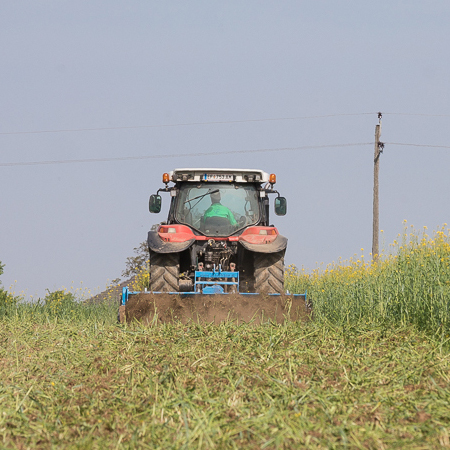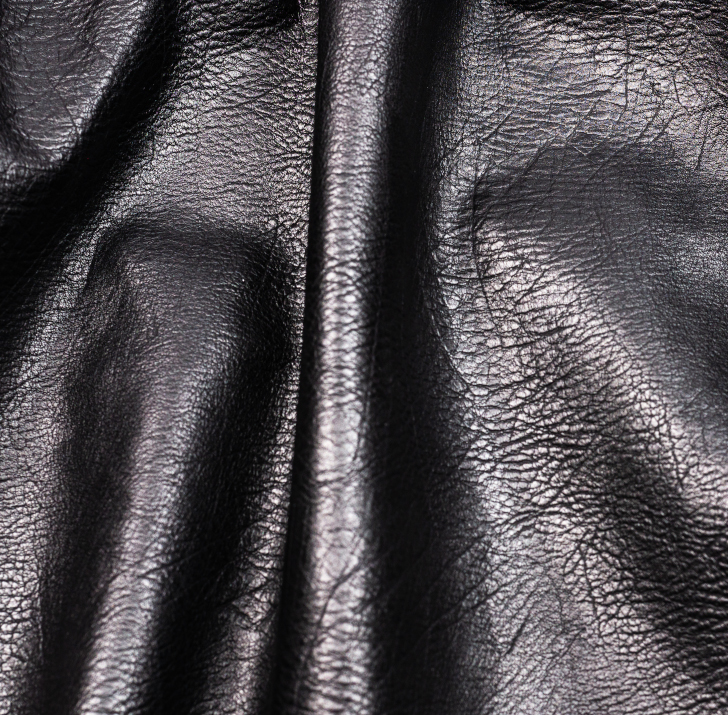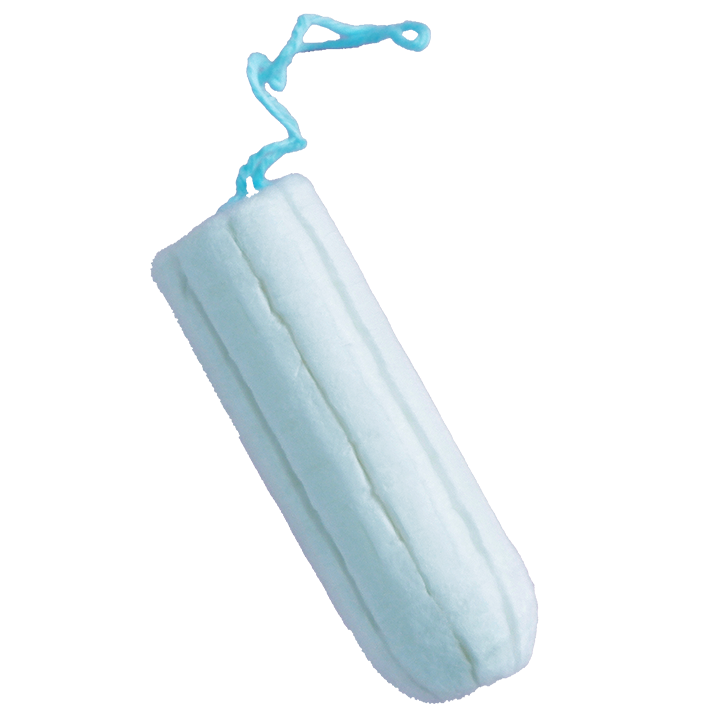23.11.2022 News
unspecific Microorganisms Biodiversity
Cultivate bacteria in their habitat
A silicone sponge can be used to detect bacteria that cannot be cultured in the laboratory and to analyze their DNA.
23.11.2022 News
unspecific Microorganisms Biodiversity
A silicone sponge can be used to detect bacteria that cannot be cultured in the laboratory and to analyze their DNA.
Thu, 11/24/2022 - 12:00 In-depth report
unspecific Microorganisms Biotechnology/Systems biology
Producing new, high-quality plastics from plastic waste - not only chemistry but also biotechnology offers promising recycling approaches for this. This dossier explores how enzymes help degrade polymers and how bio-based plastics can be optimized for the circular economy.
22.11.2022 News
Agriculture and forestry Plants Biotechnology/Systems biology
The Gregor Mendel Foundation has awarded the Innovation Prize to researchers Nils Stein and Martin Mascher from the Leibniz Institute of Plant Genetics and Crop Plant Research (IPK) in Gatersleben for their contributions to decoding the complex genomes of wheat, barley and rye.
30.11.2022 News
Chemistry Microorganisms Biotechnology/Systems biology
Researchers at TU Dresden work on sustainable stage design made of a composite material with fungal mycelium. The corresponding premiere is at the beginning of December in Munich.
02.12.2022 News
Food Plants Agriculture sciences
A flexible vertical greening system developed by Fraunhofer researchers has reached market maturity after years of research.

28.04.2023 Interview
Agriculture and forestry Plants Agriculture sciences
Carsten Paul has investigated how effective carbon farming measures are and what role so-called humus certificates play in this.
05.12.2022 News
Chemistry Plants Agriculture sciences
Researchers at the University of Hohenheim want to make proteins from plants from meadows and pastures usable for the bioeconomy. A protein extract for animal feed has already been obtained.
08.12.2022 News
unspecific Microorganisms Biotechnology/Systems biology
Gene scissors are an important tool in genome editing, but they originated in the battle between bacteria and phages.
07.12.2022 News
Chemistry Microorganisms Agriculture sciences
The Deutsche Forschungsgemeinschaft (DFG, German Research Foundation) is funding 13 new collaborative research centers at universities with a total of 166 million euros - including two on the bioeconomy.
17.04.2023 Interview
Agriculture and forestry Plants Agriculture sciences
Agricultural scientist Hans W. Griepentrog wants to replace synthetic chemical pesticides with the help of state-of-the-art technology.
12.12.2022 News
Energy Plants Biotechnology/Systems biology
With the help of an innovative plasma technology, researchers have paved the way to protect grain from pests and thus make it last longer.
14.12.2022 News
Chemistry Microorganisms Biotechnology/Systems biology
Heat-resistant enzymes could be incorporated into biodegradable plastics to accelerate their decomposition.
20.12.2022 News
Chemistry Waste Chemistry
Traceless has developed a pilot product from its innovative biomaterial, which is currently being used in a Hamburg store of the C&A fashion chain.
19.12.2022 News
Chemistry Microorganisms Biotechnology/Systems biology
A worldwide consortium with the participation of the University of Erlangen-Nuremberg aims to advance the genome sequencing of eukaryotic unicellular organisms and make it available as a resource for the bioeconomy.
15.12.2022 News
Energy Waste Chemistry
A new reforming process generates another source of fuel from biogenic waste.
21.12.2022 News
Agriculture and forestry Plants Agriculture sciences
Researchers have discovered how the cabbage white butterfly detoxifies toxic mustard oils from its food source.
22.12.2022 News
Agriculture and forestry Plants Agriculture sciences
Exotic spices are key to baking cookies. But instead of coming from India, vanilla and pepper could soon come from domestic indoor farms.
02.01.2023 News
Food Plants Biotechnology/Systems biology
Improving the taste and consistency of plant-based meat substitutes is the focus of a new research partnership between Holzminden-based Symrise AG and Wageningen University in the Netherlands.

12.12.2022 Product
unspecific Plants
Leather is as much in demand as it is controversial - although the chemically preserved animal skin is robust and versatile, its production takes place at the expense of animals, humans and the environment - not so with a new, plant-based imitation leather.

22.12.2022 Product
Consumables Plants
Conventional disposable tampons are made of up to 90% plastic - and are therefore not only harmful to the environment but also to the health of those wearing them. A new tampon offers a sustainable alternative.